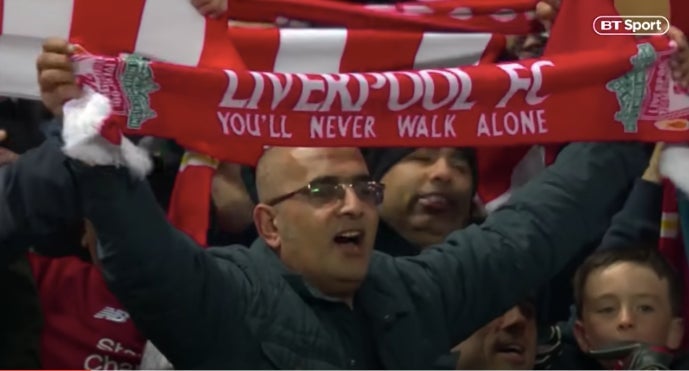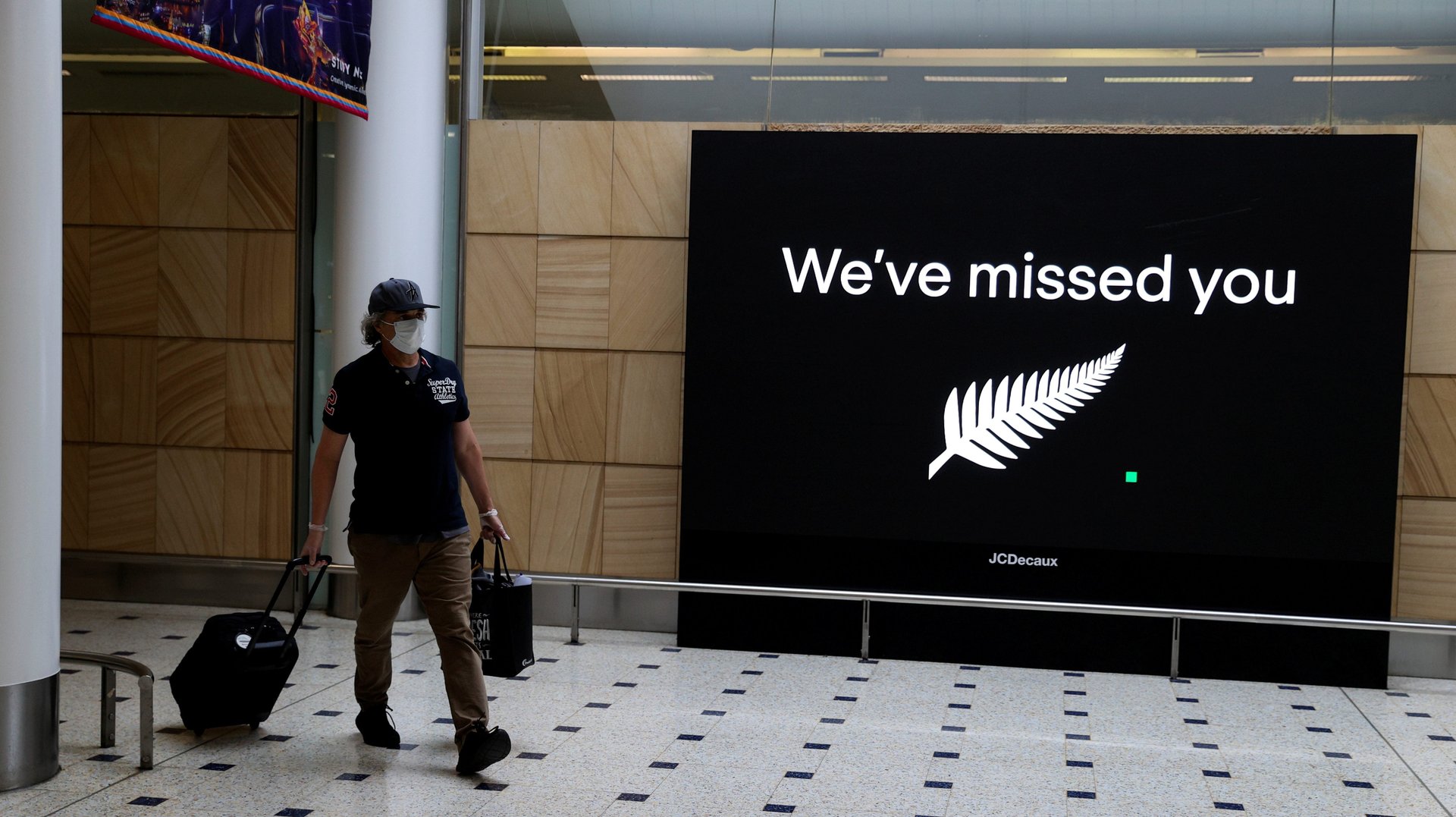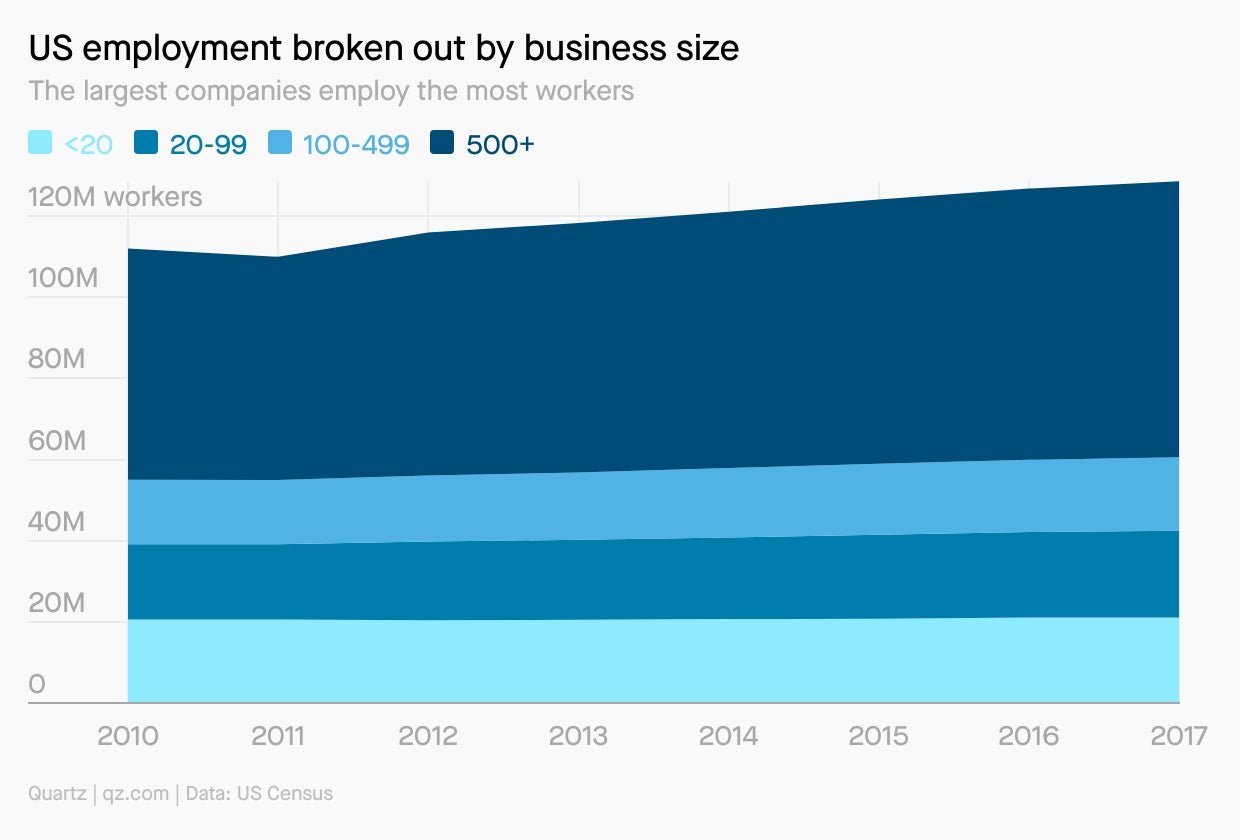Delhi lockdown, European Super League, spider jams
Good morning, Quartz readers!


Good morning, Quartz readers!
Here’s what you need to know
Delhi is back in lockdown. Almost all commercial establishments and public places, except essential services, are shut until until April 26. The Indian rupee fell, and UK prime minister Boris Johnson canceled his trip.
The global chip shortage casts a shadow over a major auto show. The Shanghai event opened today, with Volkswagen’s China head Stephan Wöllenstein complaining that the lack of supplies is “really like fire-fighting.”
Europe’s soccer elite is making its own rules. Twelve major teams are forming a breakaway, multibillion-dollar European Super League, to widespread condemnation.
The US and China are cooperating on climate change. Ahead of a US-led climate summit this week, the world’s two top carbon emitters jointly pledged to tackle the crisis.
Alexei Navalny is close to death, according to his doctor. Allies of the jailed Russian opposition leader, who is on hunger strike, called for protests on Wednesday (April 21).
Facebook is announcing new audio products. The company is taking on Clubhouse, which is reportedly valued at $4 billion after its latest financing round.
What to watch for

After several delays, a relatively unrestricted travel bubble launched today between two of the world’s most Covid-19 cautious countries, Australia and New Zealand. Thanks to minimal cases, the New Zealand-Australia bubble won’t involve mandatory testing, proof of vaccination, or quarantines, in a bid to try and recoup some of their pre-Covid travel.
Bubbles are far more helpful toward restarting travel than one-way relaxations of the sort Australia extended to New Zealand last year. While the latter might work just fine for a citizen trying to return home and stay put, leisure travel requires both being able to leave and return just as easily.
Still, a bubble is exactly what it sounds like: fragile and liable to pop at any moment, which could lead to an abrupt and costly end to trips for passengers—a risk both would-be travelers and the industry must monitor. As New Zealand prime minister Jacinda Ardern has said: flyer beware.
Charting why small businesses actually matter
Small businesses that stay small—fewer than 100 employees—aren’t efficient, according to key metrics.

Small businesses tend to pay their employees less, provide them less generous benefits, and offer fewer opportunities for advancement compared to larger enterprises. Small businesses aren’t as productive as big businesses—it’s called economy of scale for a reason. Heck, most small businesses don’t even last that long. So why do we prefer them, both anecdotally and in our neighborhoods?
It turns out our reasons for encouraging small businesses that pay less and and last a short time might be more social than economic, writes Tim Fernholz: People insert local businesses when they describe the neighborhood of their dreams, and surveys of downtowns that are consistently rated the best in the US find that they boast a preponderance of independent firms.
Taking the long view on solar energy
Last August, Spanish solar developer Enerland offered to sell electricity for €11.14 (US$13.12) per megawatt-hour (MWh), one of the lowest auctioned electricity prices in history. One megawatt hour is slightly more than the average home in the US consumes per month.
Sellers undercutting themselves in Portugal aren’t throwing their money away, however. They’re betting the superior economics of solar power, and a coveted connection to the country’s crowded electricity grid, will cover any losses over the first 15 years before firms are free to sell power at market rates.
Developers are willing to pay big money to sell cheap power into the grid. As renewable energy prices drop even further, says Jenny Chase, who leads solar analysis for BNEF, developers will find innovative ways to bring wholesale electricity prices even lower and return those savings to the grid.
✦ Concerned about climate change? Michael J. Coren covers the people, technology, and policies addressing it. Concerned you don’t have a Quartz membership? Try it for free.
Surprising discoveries
Adobe’s co-founder once survived a kidnapping attempt. Charles “Chuck” Geschke, who developed the PDF, died at 81.
Listen to the sounds of a spiderweb. Researchers used algorithms to turn the frequencies of a vibrating web into music.
The hottest new locale for wedding photography. A small volcanic eruption on the Reykjanes peninsula has led to a flurry of glamor shots in Iceland.
A Canadian lawmaker was caught naked on a Zoom call. It appeared to be an honest mistake.
Go-kart drivers are taking over the streets of a small UK town. Droitwich residents insist the “real-life Mario Kart” is no laughing matter.
Our best wishes for a productive day. Please send any news, comments, a go-kart, and megawatt hours to [email protected]. Get the most out of Quartz by downloading our iOS app and becoming a member. Today’s Daily Brief was brought to you by Hasit Shah, Mary Hui, Tripti Lahiri, Michelle Cheng, Jackie Bischof, and Jordan Lebeau.